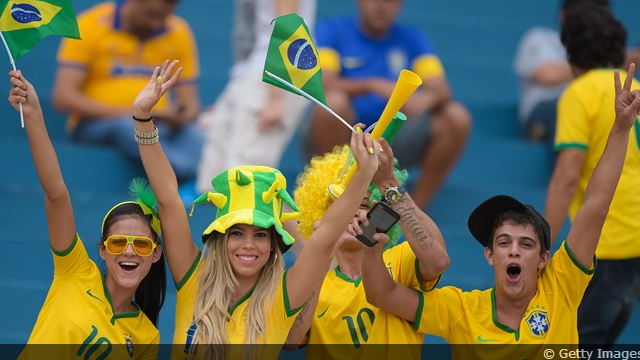Brazil Government has missed its target from 700MHz spectrum auction for 4G because most telecom operators did not bid at premium to the offer price.
Since some of the mobile operators did not participate and participants did not bid at premium prices, the government could raise 5.85 billion reais or $2.40 billion from four winning bids.
The government could have mobilized $3.03 billion or 7.7 billion reais if all blocks were acquired at their minimum prices.
Two out of the six blocks available ended without a bid – one of which was of national reach.
The regulator awarded three pure national blocks of 10MHz+10MHz spectrum, at 1.9 billion reais each. A fourth, costing a minimum of 1.8 billion reais, had national reach except for 87 localities in Sao Paulo, Minas Gerais, Mato Grosso do Sul and Parana states – which are served by regional operators Algar Telecom and Sercomtel.
Those areas were then separated in two blocks, worth 29.5 million reais and 5.28 million reais, respectively.
The model was designed for the four major wireless operators – Vivo, TIM, Claro and Oi – but Oi, as well as Nexteland Sercomtel, did not participate.
Claro of America Movil has bagged the first national block on offer. The company took the license with a bid 1 percent over the minimum 1.94 billion reais.
TIM of Telecom Italia has grabbed the second national block, paying 1.94 billion reais for it, a premium of less than 1 percent over the minimum price.
Vivo of Telefonica has received the third national block for 1.92 billion reais at the minimum price.
The fourth national block, which would have been for Oi, received no bids in the second round of the tender.
Algar Telecom acquired the fifth block, corresponding to its area of operation, paying the minimum price established of 29.5 million reais, said media reports.
According to the terms of the tender, the government could still raise an additional 427mn reais if the three operators awarded national licenses (Vivo, Claro and TIM) opt to use bands they already own in the 1.8GHz spectrum to meet coverage obligations from the first 4G auction, comprising the 2.5GHz spectrum and held in 2012.
Winners will have to disburse another 3.6bn reais to mitigate digital TV-LTE interference involving the acquisition of filters, for the purchase and distribution of 14 million digital TV set-top boxes and in compensation for analog broadcasters for releasing the spectrum.






